

The establishment and enablement of senior citizens’ clubs across the island provides opportunities for socialisation and recreation as well as access to essential services and resources for those within society who fall within the senior citizen category.
In the parish of St. Elizabeth, the Ministry of Labour and Social Security, through its National Council for Senior Citizens (NCSC), has been committed to promoting senior citizens’ clubs as well as improving the well-being and quality of life of members.
Parish organiser of the NCSC in St. Elizabeth, Marieck Hendricks-Morgan, says that the entity has been instrumental in meeting the demands for the long and short term care services of these groups.
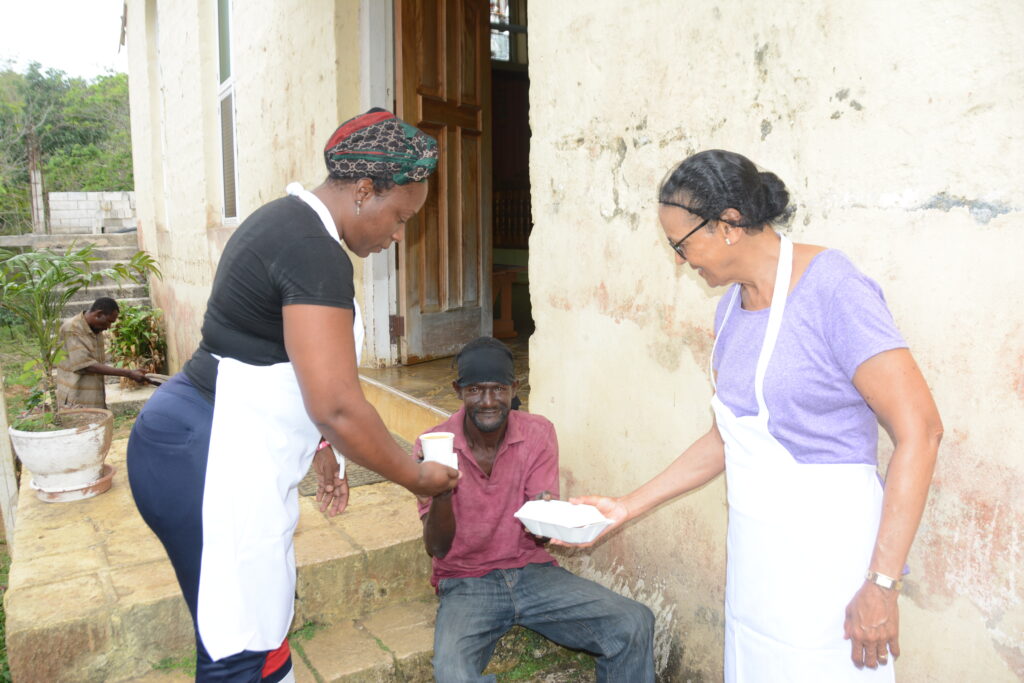
With 15 active senior citizens’ clubs within the parish, she notes that through technical support from the Ministry, in collaboration with other stakeholders, such as the Rural Agricultural Development Authority (RADA), clubs are able carry out various humanitarian services for residents over 60 years old, including shut-ins and the indigent, on a weekly and monthly basis.
“Senior citizens are persons who have set the foundation, and oftentimes they are neglected, and so it is great to have something like these clubs in place where persons who are in need can look forward to,” Hendricks-Morgan says.
“It is also important, because [these clubs] provide something that the groups look forward to… social integration and participation. It provides that platform for persons to come together and to socialise,” she adds.
Our mandate is to fulfil the National Policy for Senior Citizens and this activity definitely falls under one of our thematic areas, which is providing social protection to persons who are 60 years and older.
Parish organiser of the NCSC in St. Elizabeth, Marieck Hendricks-Morgan
As the parish organiser, Hendricks-Morgan helps to provide guidance for the mobilisation of the appropriate resources to facilitate and support initiatives and programmes in which these clubs are engaged.
“Our mandate is to fulfil the National Policy for Senior Citizens and this activity definitely falls under one of our thematic areas, which is providing social protection to persons who are 60 years and older,” she states.
The National Policy for Senior Citizens advocates enhancing the self-reliance and functional independence of senior citizens as well as facilitating continued participation in their family and society.
One of the active clubs in the parish is the Balaclava senior citizens’ group, which is attached to the Balaclava Baptist Church. It has over 10 members who meet every Tuesday to prepare and deliver wholesome meals to some 100 elderly, shut-in and needy persons. Beneficiaries also come from districts, such as Oxford, Castleton, Union and Russell Hill.
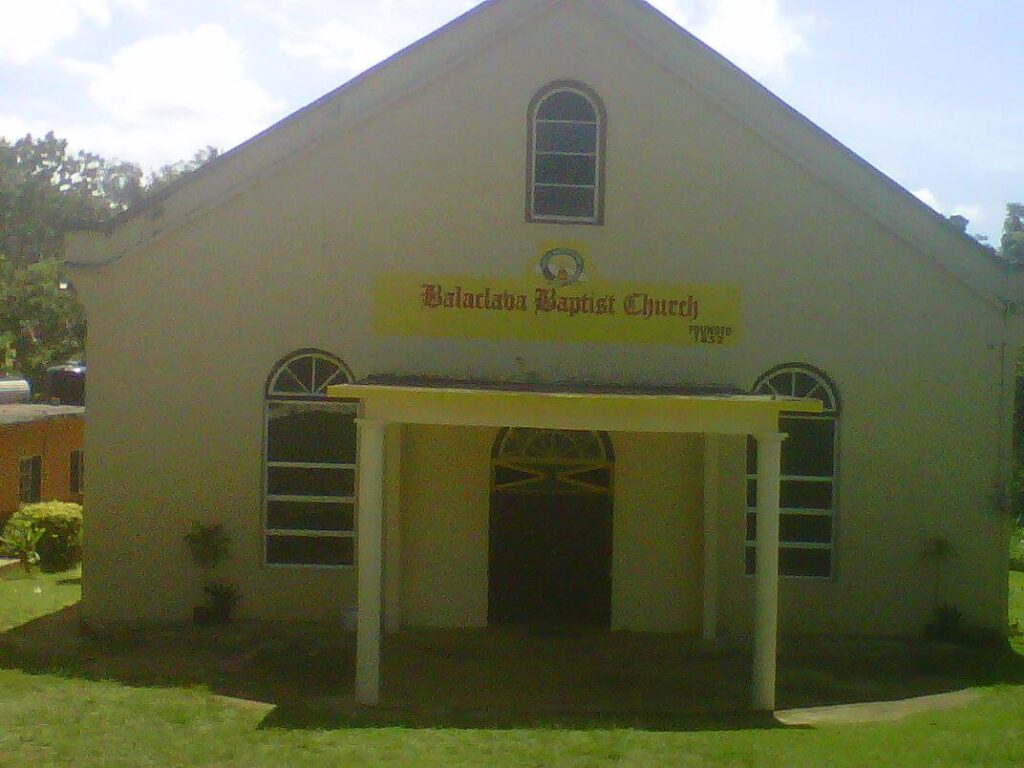
“[We] began as a women’s federation group in the church where women got together and do ministry. The cooking soon became a part of this ministry and that was like over 30 years now,” discloses member, Sonia Clarke.
“First of all, we started in the market on a Thursday. We cooked soup and anybody who wanted would come and get some, but afterwards we came up here (church grounds), and it started to grow and grow,” she adds.
Clarke, who is the widow of the late former minister of agriculture, Roger Clarke, notes that the beneficiaries, as well as the communities at large, are appreciative of the club and its philanthropic endeavours.
As such, persons would personally donate funds, food items and other resources to the group to further support the charitable cause.

“When we go into some communities, we see the persons standing by the roadside waiting. That says something, that they are looking forward to this… and it is just a blessing to know that we are able to do this, especially in a time when, financially, it is really a challenge,” Clarke says.
“Also, whenever the [Ministry of Labour] has foodstuff, such as rice, flour, sugar and cornmeal, we get from them,” she adds.
Over in Aberdeen district, another senior citizens’ club engages in similar activities of providing for the elderly and the disabled.
President of the Aberdeen Senior Citizens’ Club, Marlene Williams, tells that in addition to providing cooked meals and food packages, their group also visits the homes of beneficiaries to assist where they can.
The club is important because a lot of the shut-in members are unable to provide for themselves and they still depend on their family members, and sometimes it’s very hard, financially
President of the Aberdeen Senior Citizens’ Club, Marlene Williams
The club has been active for the past 12 years and has 16 elderly volunteers who meet on the third Thursday of each month to plan their next outreach.
“The club is important because a lot of the shut-in members are unable to provide for themselves and they still depend on their family members, and sometimes it’s very hard, financially. So, whatever we do as a family club, it is mostly club members. We don’t have any outside funding as such,” Williams indicates.
She says what the club does is “worthwhile” and that she and other club members feel a sense of “achievement”.
Williams tells that the Aberdeen Senior Citizens’ Club as well as other groups in St. Elizabeth will continue to add value to people’s lives as well as take advantage of the opportunities offered to the elderly by public entities.
Read related stories at the links below:
Government to iron out revised national policy for Jamaica’s senior citizens
Senior citizens can now collect social pension benefits
Senior citizens, ‘practice defensive walking techniques’ while on the roads
Send feedback to [email protected]



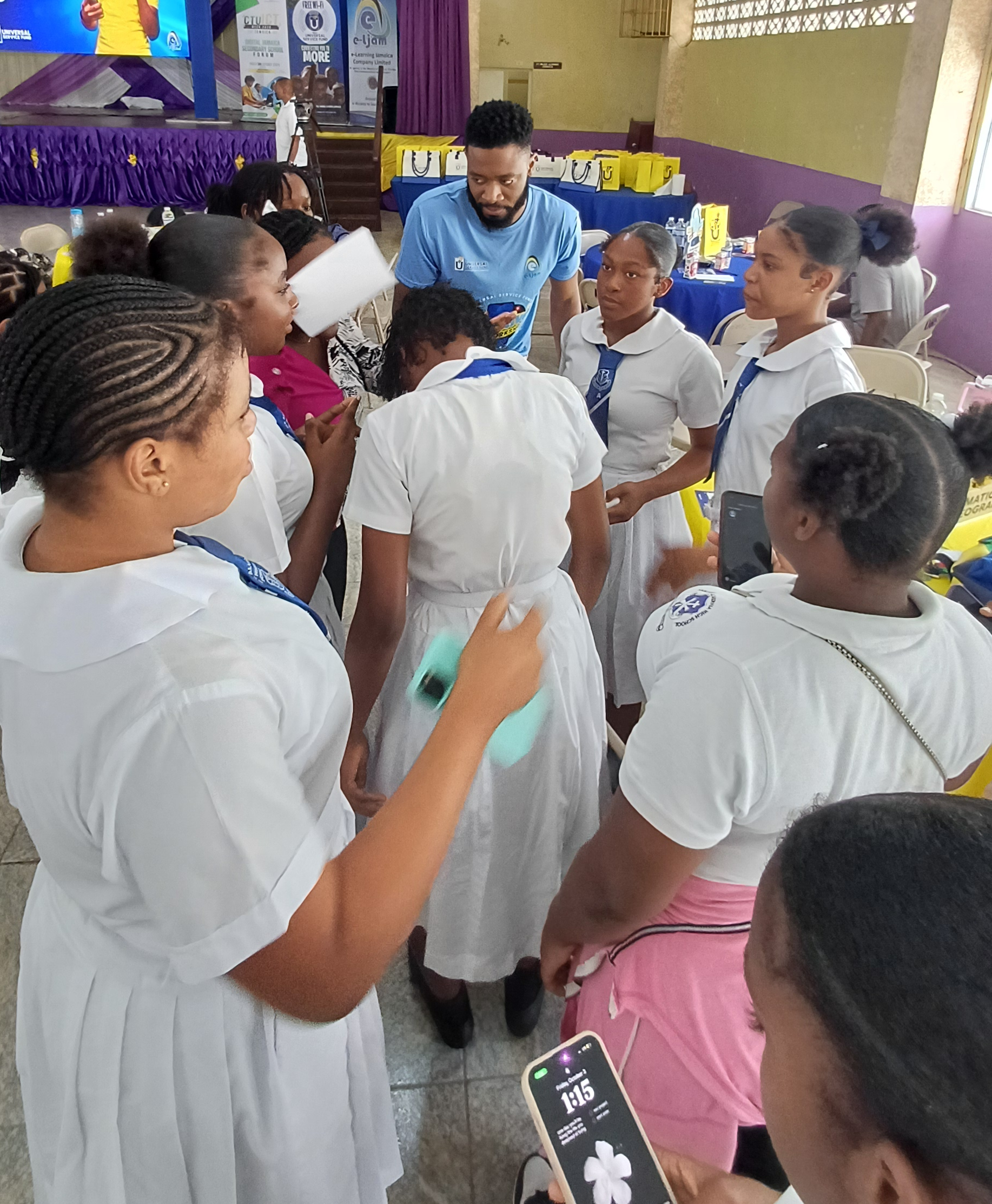
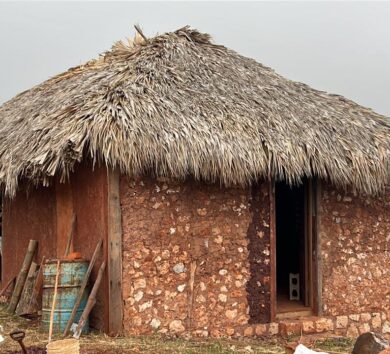
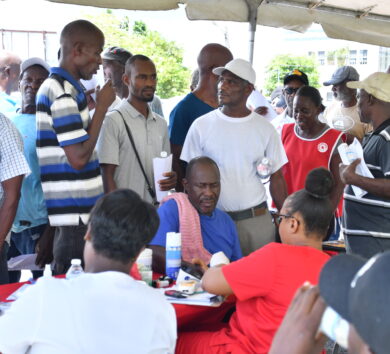

Comments